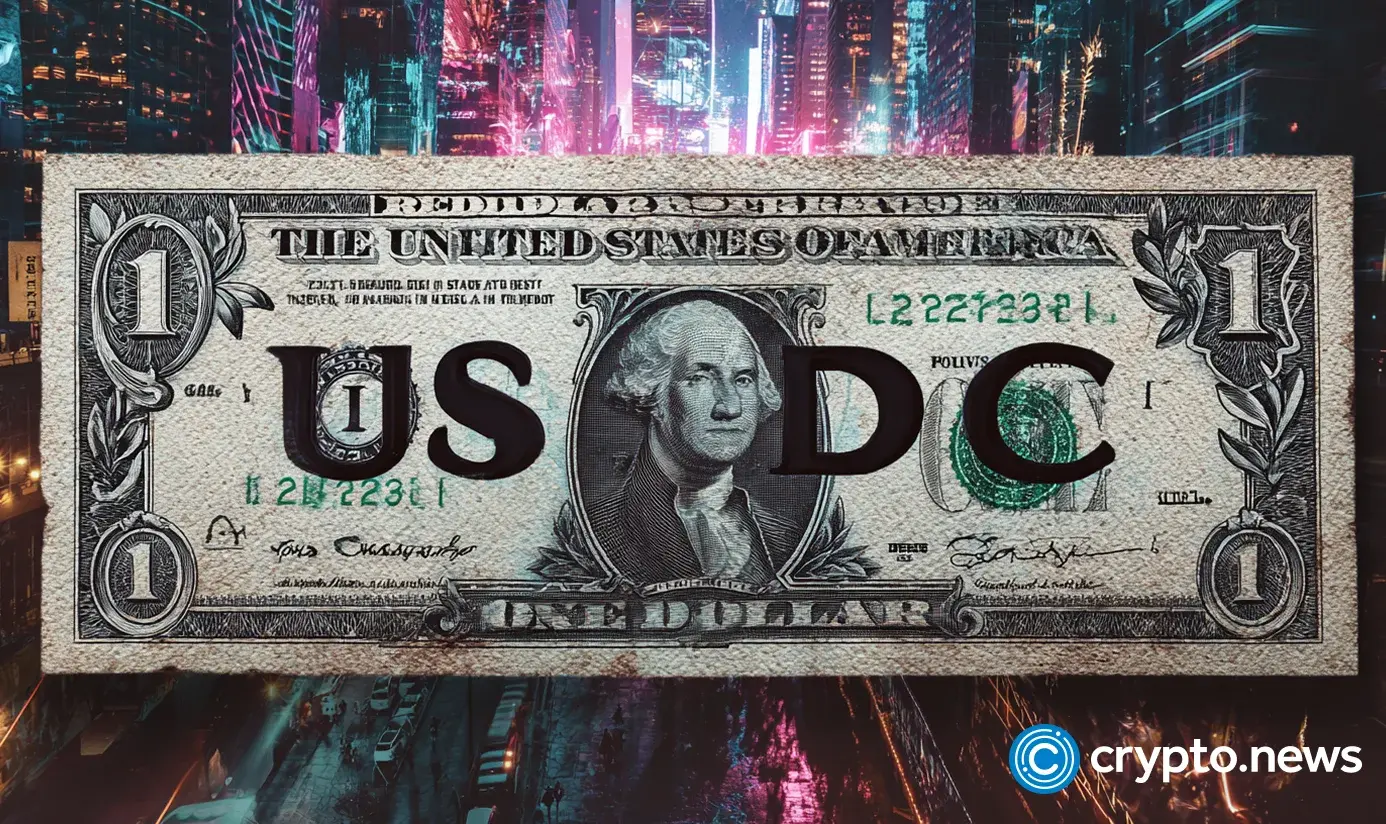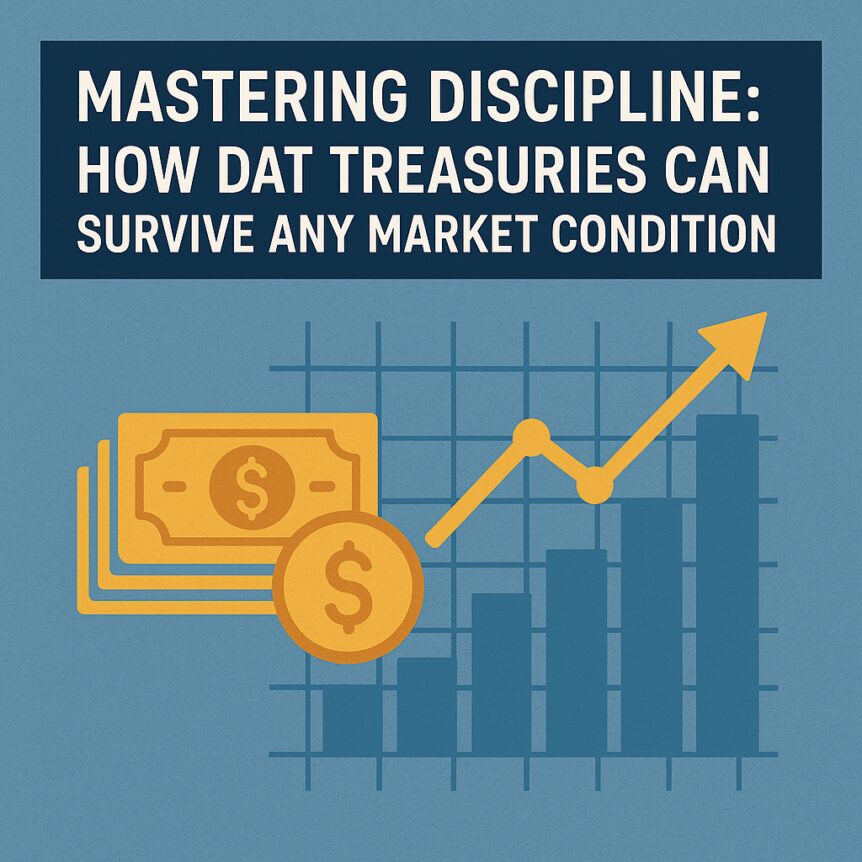China bans AI preaching, digital fortune-telling, and most online religious activity
China has moved to tighten control over the use of AI for preaching religion on the internet, rolling out new curbs to regulate its temple economy.
Officials warned against charging for digital religious practices and online fortune-telling in a crackdown on monetizing religious activities online. The crackdown also targets livestreaming, short videos, and the use of AI for religious purposes.
The National Office for Religious Affairs issued a digital code of ethics for clergy this week. It comes within two months after the Shaolin Temple said its abbot was under scrutiny for embezzlement in a case that drew wide public attention across China.
Religious practice was harshly repressed during Mao Zedong’s governance, but participation has expanded since his death in 1976. The Communist Party keeps tight limits on worship and doctrine, and tolerates state-sanctioned groups partly for their economic value.
The rise of China’s temple economy and AI regulation
Money flowing through what is often called the “temple economy” is rising greater than 10% a year. Including ticket sales, donations, rituals, lodging, merchandise and digital services, the sector is on track to surpass $14 billion this year, estimates consultancy Meritco Group.
Under the new rules, only licensed temples, churches and other authorized religious bodies may preach or conduct training on apps and websites. Beyond that, nearly all commercial activity online is barred. The code outlaws using livestreams or short videos to spread or advertise religion, and forbids establishing groups on WeChat to spread religious content.
Some clergy are commonly suspected of amassing wealth, along with allies in local governments, by turning long-venerated sites into money-making attractions. These temples pull in millions of visitors and pilgrims from across China each year.
The new rules warn clergy not to use AI to “preach, make, publish, or disseminate illegal information.” It also prohibits practices that it describes as taking online payment for chanting, incense burning, and similar services. “Religious clergy shall not propagate heretical cults or external Buddhist doctrines through the internet, or engage in feudal superstitious activities such as divination and fortune-telling,” the document says.
The guidance does not address private use by ordinary people of AI tools for astrology or fortune-telling. The crackdown coincides with state media reports this week, at least three people linked to Shaolin abbot Shi Yongxin, whose deal-making gave him the nickname “CEO monk,” were detained for questioning.
Want your project in front of crypto’s top minds? Feature it in our next industry report, where data meets impact.
You May Also Like

Payroll in USDC: The tax mess no one wants to talk about | Opinion

Mastering Discipline: How DAT Treasuries Can Survive Any Market Condition
